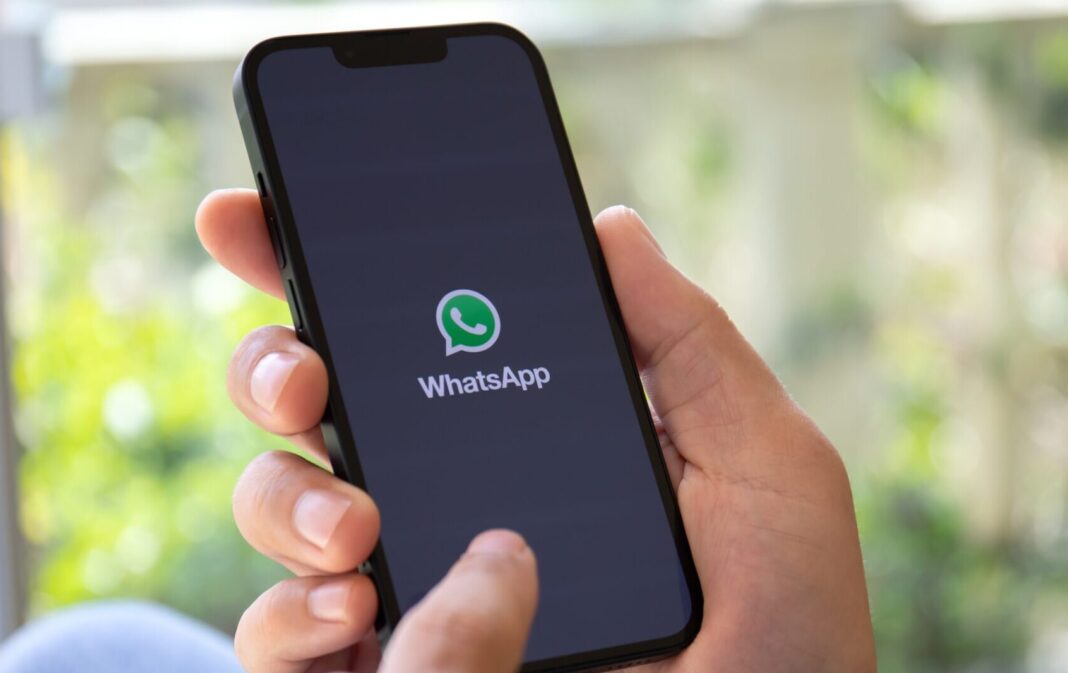BTN News: WhatsApp scams are on the rise in 2024, with cybercriminals increasingly using international numbers to deceive users and steal their personal information or financial data. From fake loan offers to phishing links, these scams are becoming more sophisticated, targeting unsuspecting victims around the globe. In this article, we’ll explore the most dangerous international prefixes associated with WhatsApp scams, the types of frauds linked to them, and offer practical tips on how you can protect yourself from these digital threats.
Understanding the Rise of WhatsApp Scams: A Global Issue
WhatsApp, one of the world’s most popular messaging apps, has become a prime target for cybercriminals looking to exploit its vast user base. In 2024, scammers are using numbers with international prefixes to impersonate banks, fake technical support, or offer fraudulent investment opportunities. The goal is often the same: to gain access to your personal information, steal your money, or install malicious software on your device.
These scams often appear convincing, and without proper awareness, anyone can fall victim. Knowing which international numbers are most frequently used in these scams can help you stay vigilant.
Top 7 International Prefixes to Watch Out For in WhatsApp Scams
1. Indonesia: +62 – Quick Loans and Fake Product Offers
Scammers using the +62 prefix from Indonesia often lure victims with tempting offers such as “quick and easy loans” or “unbelievably cheap products.” These offers, however, are too good to be true. The fraudsters aim to collect sensitive information like banking details or install malware on your device. Always verify the source before engaging with these messages.
2. Samoa: +685 – Lottery Wins and Prize Frauds
With a +685 prefix from Samoa, you might receive messages claiming you’ve won a substantial prize or lottery. To claim your “winnings,” you’re asked to pay a fee or provide personal details. Remember, legitimate lotteries don’t require payment to claim your prize—stay alert and don’t fall for this common scam.
3. South Africa: +27 – Banking and Investment Scams
Cybercriminals using the +27 prefix from South Africa often impersonate bank officials, urgently requesting your confidential banking information. They may also promote fake investment opportunities with promises of high returns. To avoid falling for these scams, always contact your bank directly through official channels.
4. Tunisia: +216 – Malicious Links and Phishing Attacks
Numbers starting with +216 from Tunisia are known for sending malicious links. Clicking on these links can download malware onto your device or direct you to phishing sites that look legitimate but are designed to steal your information. Avoid clicking on any links from unknown senders.
5. Sri Lanka: +94 – Impersonation of Friends and Family in Need
The +94 prefix from Sri Lanka is frequently used by scammers impersonating friends or family members who claim to be in urgent need of money. They play on emotions and ask for immediate financial help. Always verify such claims by contacting the person directly through other means.
6. Uganda: +256 – Social Engineering and Romance Scams
Fraudsters using the +256 prefix from Uganda engage in social engineering tactics, often pretending to be trusted figures like government officials. Romance scams are also common, where criminals build a relationship with the victim to eventually request money. Be cautious about sharing personal details or money with strangers online.
7. Mauritania: +222 – Fake Job Offers and Business Opportunities
Scammers with a +222 prefix from Mauritania commonly advertise non-existent jobs or lucrative business deals. They request an upfront fee for “administrative costs” or “investment” in a project that doesn’t exist. Always research any job or investment opportunity thoroughly before committing any money.
How to Protect Yourself from WhatsApp Scams
1. Keep Your Personal Information Private
Never share sensitive information like passwords, bank details, or social security numbers via messaging apps, even if the request appears to come from a known contact.
2. Verify Unknown Contacts and Messages
Before responding to messages from unknown numbers, especially those with international prefixes, take time to verify the sender’s identity through independent means.
3. Avoid Clicking on Suspicious Links
Steer clear of links sent by unknown contacts or those that seem suspicious. Even a single click can lead to malware installation or redirect you to a phishing site.
4. Report and Block Suspicious Numbers
Use WhatsApp’s built-in features to block and report numbers that appear suspicious or have sent potentially fraudulent messages.
5. Enable Two-Step Verification for Extra Security
Activate WhatsApp’s two-step verification feature to add an additional layer of security to your account, reducing the risk of unauthorized access.
Staying Vigilant Against WhatsApp Scams in 2024
With cybercriminals constantly developing new strategies, awareness and caution are your best defenses. By knowing which international prefixes are commonly used for scams and recognizing the types of frauds associated with them, you can better protect yourself from these digital threats.
Stay updated, stay cautious, and make use of the security features available on WhatsApp to keep your information safe.
Final Thoughts: Don’t Become the Next Victim
Protect yourself by staying informed about the latest scam tactics. Remember, if something seems too good to be true or feels off, it probably is. Stay vigilant, and when in doubt, double-check before taking any action.


